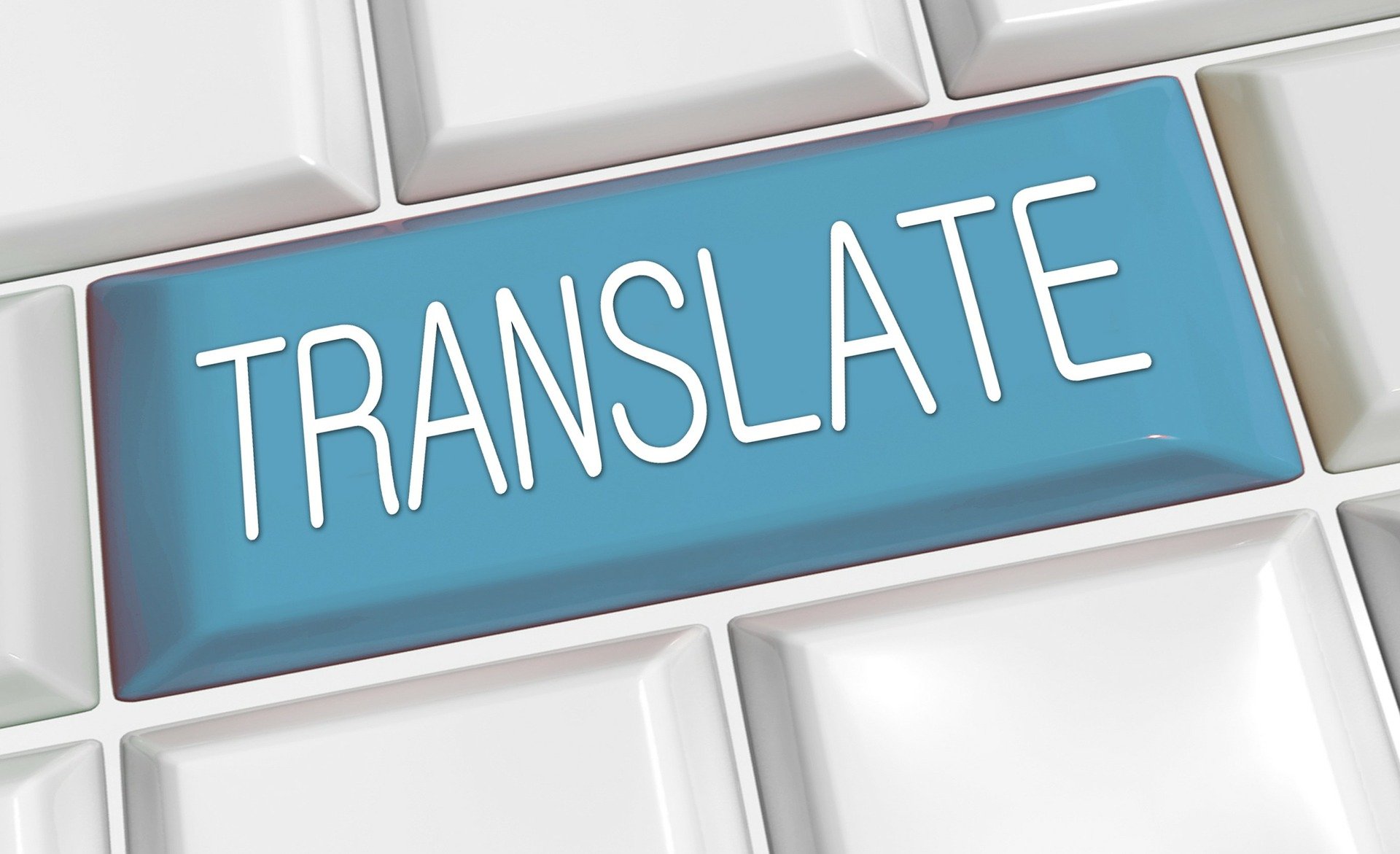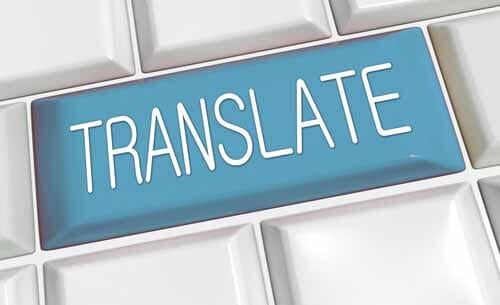Listen to Audio Version:
 It is critical that legal translations are accurate and maintain the meaning of the document. As an English-speaking legal professional, you CAN develop ways to effectively manage a case with other languages involved. Developing these skills will become more important as global business increases and as more non-English speakers settle in the United States.
It is critical that legal translations are accurate and maintain the meaning of the document. As an English-speaking legal professional, you CAN develop ways to effectively manage a case with other languages involved. Developing these skills will become more important as global business increases and as more non-English speakers settle in the United States.
Here are some guidelines to consider when working across languages and cultures:
- Translation v Interpretation – know the difference. A common mistake for those out of the industry is to interchange the words translate and interpret. Translation is the written format and interpretation is spoken. News reporters frequently talk about the President’s “translator” in a meeting when “interpreter” would be the correct term.
- Be ready for an answer – if you are going to communicate in another language, remember that your response will be in that language and be ready to handle it. This reminds me of my Uncle who visited Paris and was so proud that he could ask directions “Ou est le toilet”. He was stumped when he got an answer.
- Be cognizant of different legal systems – if you have a US case with multi-lingual speakers, that is different than having a case in another country. If the case is international, make sure that any translations take into account the differences in legal systems.
- Good writing style – sloppy writing will lead to bad translation. For example, how is a linguist going to translate this? “I am herewith returning the stipulation to dismiss in the above entitled matter; the same being duly executed by me.” The translator changed it to "I have signed and enclosed the stipulation to dismiss the Byrd case." That seems clearer – but is it what the writer meant?
- Hire a good translator – poor legal translation is as dangerous as bad legal advice. Common problems can consist of grammar errors, omissions of words, literal translation rather than capturing the meaning, wrong tense or incorrect detail. Since legal cases can contain a lot of communication, it can be tempting to cut costs on translation, but make sure to hire a professional with subject-matter expertise.
- Subject matter expertise – we have a wonderful Spanish translator with a PhD in International Relations, he quotes grammar dictionaries and is a stickler for detail. But, we do not send any technical engineering documents to him because he does not have a specialty with engineering terminology. Make sure to match the expert to the subject-matter for the best quality.
- Edit – Your firm would not release an important document in English without editing. This is the same for translation. If it is important, always make sure to have it edited. It is worth the extra cost. Many times an English meaning can be interpreted in different ways. For example, a translation that we did for a hospital included their tagline “It’s all about getting better”. The tag line in English suggests that it is all about the patients getting better AND about the hospital providing better service. The translation could only capture one meaning so the editor and translator knew to ask the client what message they wanted.
- Stay consistent – for the best in multi-lingual communications, we recommend finding and staying with one translator/editor team. This gives you a consistent voice in the case.
- Accents are important – A college professor gave the example “Como como como como como.” Written this way, it doesn’t make sense. Yet, “¿Cómo, como? ¡Como como como!” is grammatically correct. With the accents it means “How do I eat? I eat the way I eat”. When transcribing or typing, make sure to keep accents.
Some common challenges arise in legal cases. For example, on Friday afternoon, an attorney from London was told to fly to Columbia for potential big new client meeting on Monday. As he leaves the office, he gets a 60 page document to read and it is in Spanish. How can he handle that?
Or your discovery request arrives and all 10 boxes are in German. How will you know what to translate?
For any large and fast translations that you need to get done, you can use a software translation package or language tools from Google to get a free gist translation. This is enough to give you the gist. But, for anything more important, you must still us a trained human translator. The idioms and quirks in language are not consistent enough to be handled by software. A good translation company can consult with you on different options on handling your projects.
Or your international law office offers to handle the translation? How can you trust the quality?
In this case, it may seem easier for your contacts to translate than for you to hire a trained professional translator, but make sure that the overseas attorney provides the quality that you need. Confirm that the translator is fully bi-lingual, familiar with the appropriate laws, and able to complete it in the time frame you need. Most of the time, it costs the same for your own independent translator or the overseas attorney so the client will only know a difference if the quality is not good.
Cost can be an issue with legal translation because of the size of the files. The five quick hints for saving costs on translation:
- Start a glossary for frequently used copy.
- Translate only the text or documents that need translation – use gist translation to narrow it down.
- Prepare for depositions, interrogatories, and court dates. Inform your interpreter of any nuances, unusual terms, locations or facts of the case in which she should be aware.
- Plan ahead to avoid rush charges
- Plan ahead to avoid mistakes – Rushed writing or translating can lead to mistakes.
Once you get used to the few extra steps that multi-lingual cases take, you will realize that there are ways to control quality and easily handle the communications. The return on the effort can be quite large. Just make sure to do it right so you can avoid situations where you are trying to figure out what is being communicated, such as this one:
Para residentes de todo se envejece.
Literal translation: For residents of everything gets older.
Actual meaning: For residents of all ages.
Rapport International specializes in multilingual communications, providing language translation and interpretation services that are accurate and culturally appropriate. We use the right voice and the correct terminology to avoid liability, customize services to your needs, and deliver on time and within your budget. With our 100% satisfaction guarantee, you can trust that it’s done right. Contact us today if you would like more information or to get a free quote.
Popular Posts
Popular industry news, interviews, technologies, and resources.
















